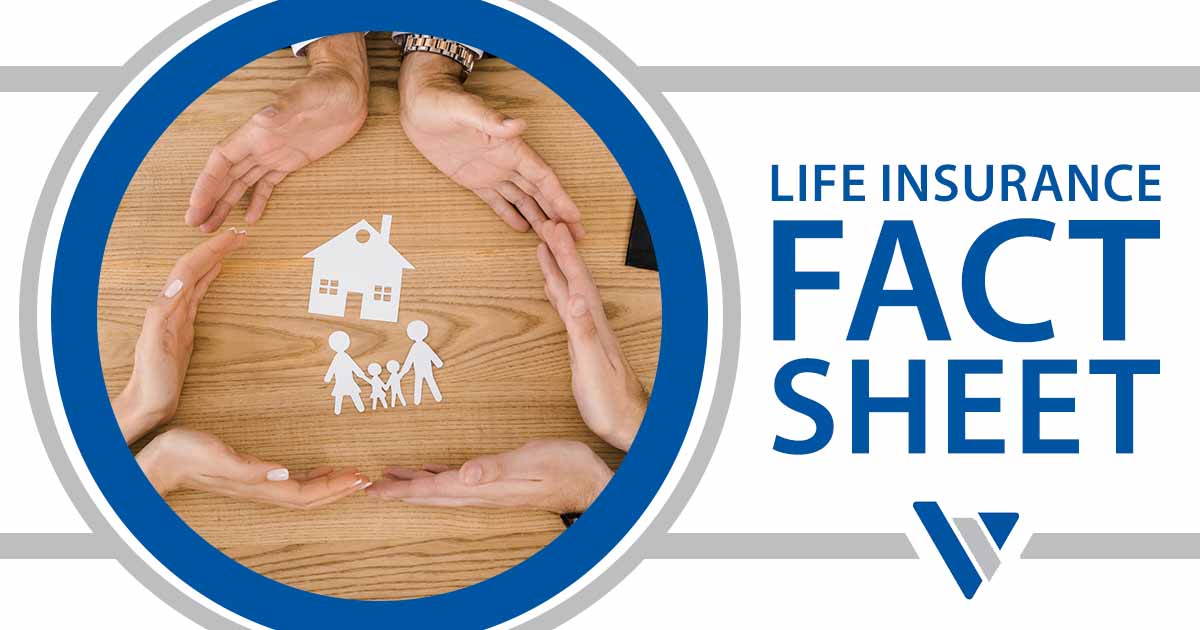I am sharing with you some of the information the Life Insurance Marketing and Research...

Have you taken your Required Minimum Distribution (RMD) yet? For investors over the age 70 ½ with an IRA, SEP IRA, SIMPLE IRA, or retirement plan, your RMD is the amount that you need to withdraw from your account by the end of the calendar year. Whether or not you need the money, the IRS requires you to take the money out of the qualified account and pay income taxes on the entire amount withdrawn.
For example, an individual who turned 70 in January of 2017 with a $500,000 qualified account would have a first year RMD of $18,248.18. For many people this is welcomed income needed for living expenses. For others that have more tax efficient accounts to take money from or do not need the income to live off of these RMDs can feel like taking money from your right pocket, moving it to your left pocket and paying taxes along the way.
Fortunately, for those who are charitably inclined, you can make a direct transfer to a qualified charity and avoid paying taxes on that amount up to your total RMD for that year. If you are subject to RMDs and wish to make a charitable donation before the end of the year you should consider donating directly from your qualified account to avoid income taxes on that amount. In the future, if you already make cash donations to a qualified charity on a regular basis, consider planning ahead to make those donations directly from your qualified account rather than using cash on hand. However, if you take advantage of this tax benefit, then you lose the opportunity to list this donation as an itemized deduction when you file your taxes (no double dipping!). Consult your financial and tax professionals as to which option is best for you.
Also, for those investors who do not need the money from their RMDs for living expenses, consider Roth conversions as a way to try to mitigate or delay RMD burdens.
Whether or not you are 70 ½ yet, Roth Conversions can be a great way to manage the looming tax burden on IRAs. Converting funds from your IRA to a Roth IRA and paying the taxes this year may sound no different from taking your RMD but the Roth IRA provides many benefits. The money can grow tax-free, withdrawals can be tax-free, no RMDs are required during your lifetime, and beneficiaries can stretch the account out over their lifetime potentially tax-free.*
For more information on RMDs, or any of the strategies mentioned above, please contact our team of professionals at Virtus Wealth Management.
Content in this material is for general information only and not intended to provide specific advice or recommendations for any individual, nor intended to be a substitute for specific individualized tax advice. Example Provided is a hypothetical for illustrative purposes.
*Traditional IRA account owners should consider the tax ramifications, age and income restrictions in regards to executing a conversion from a Traditional IRA to a Roth IRA. The converted amount is generally subject to income taxation. Unless certain criteria are met, Roth IRA owners must be 59 or older and have held the IRA for five or more years before tax-free withdrawals are permitted. Otherwise, taxes and 10% penalty may apply to earnings withdrawn. Contributions may be withdrawn without taxes or penalty. Additionally, each converted amount may be subject to its own five-year holding period, and beneficiaries may be taxed on amounts withdrawn if the account was not held five-years.